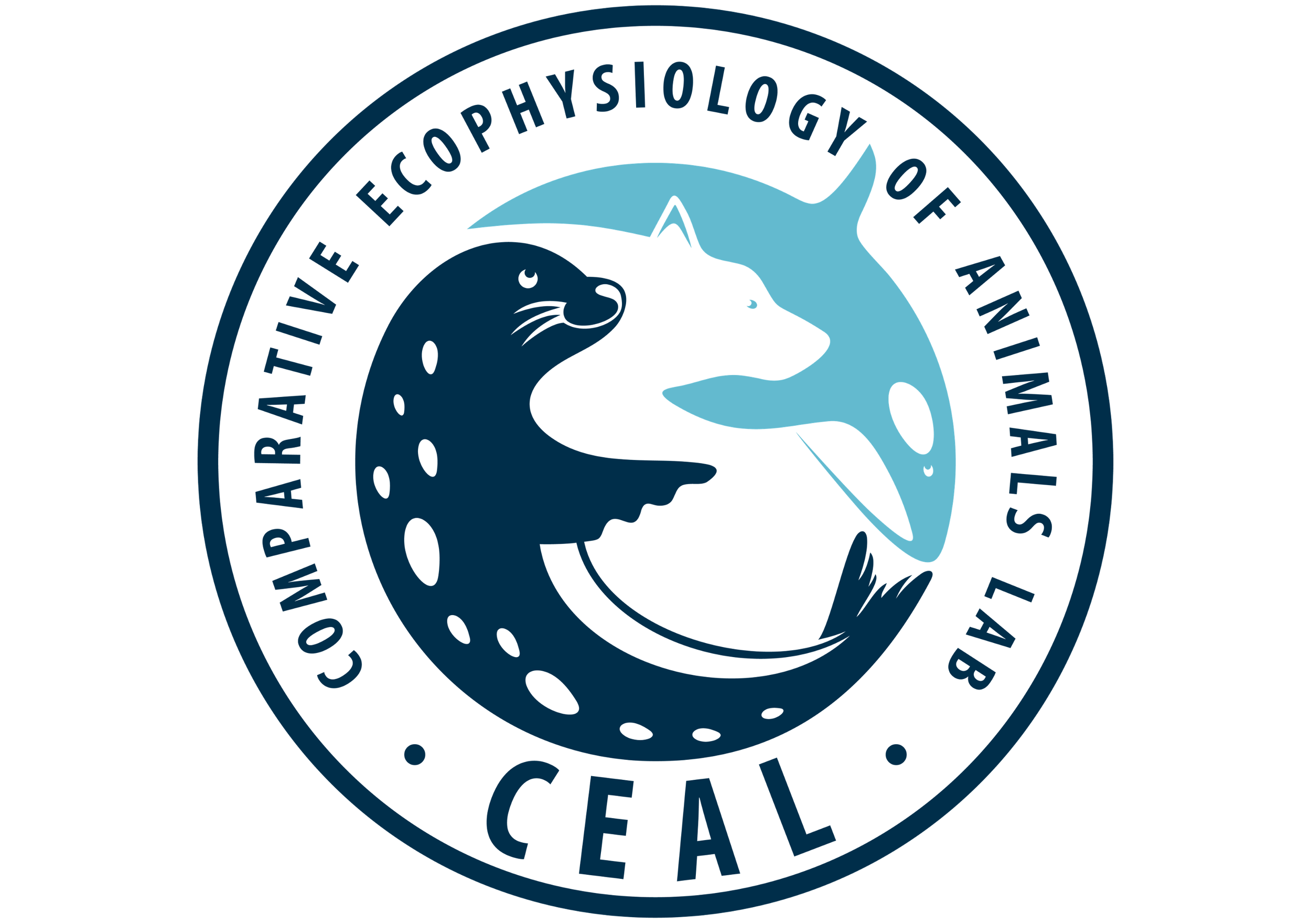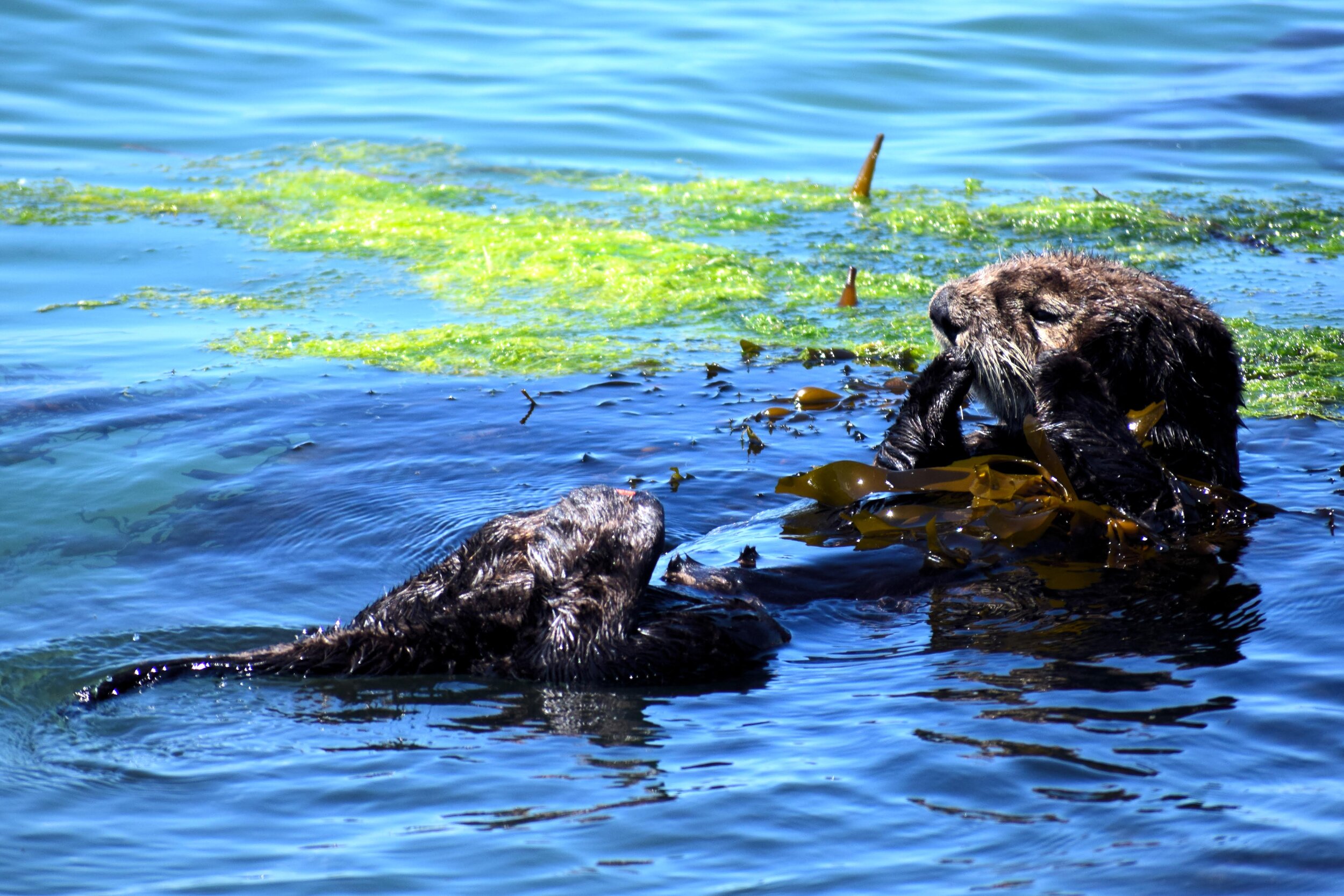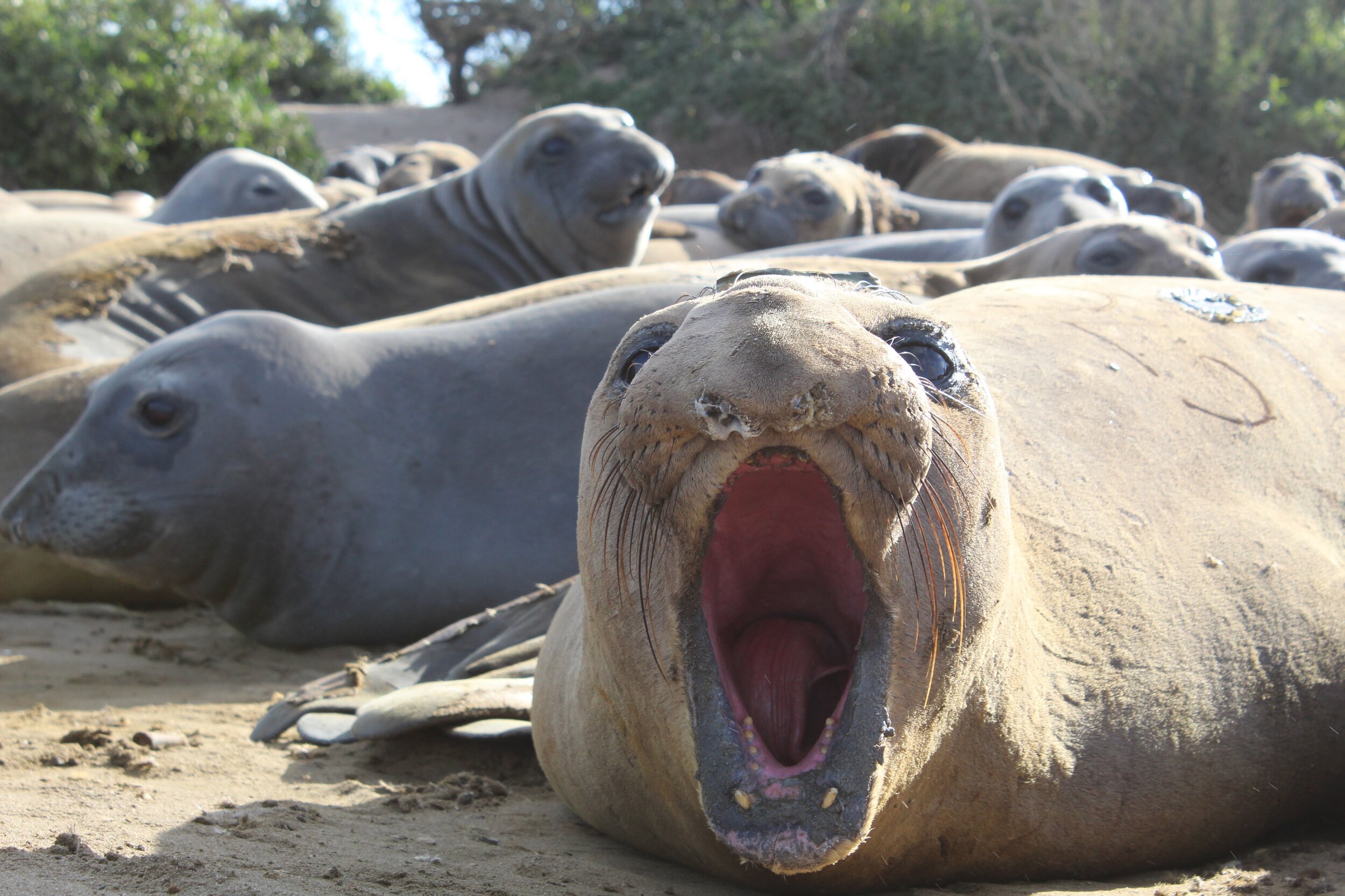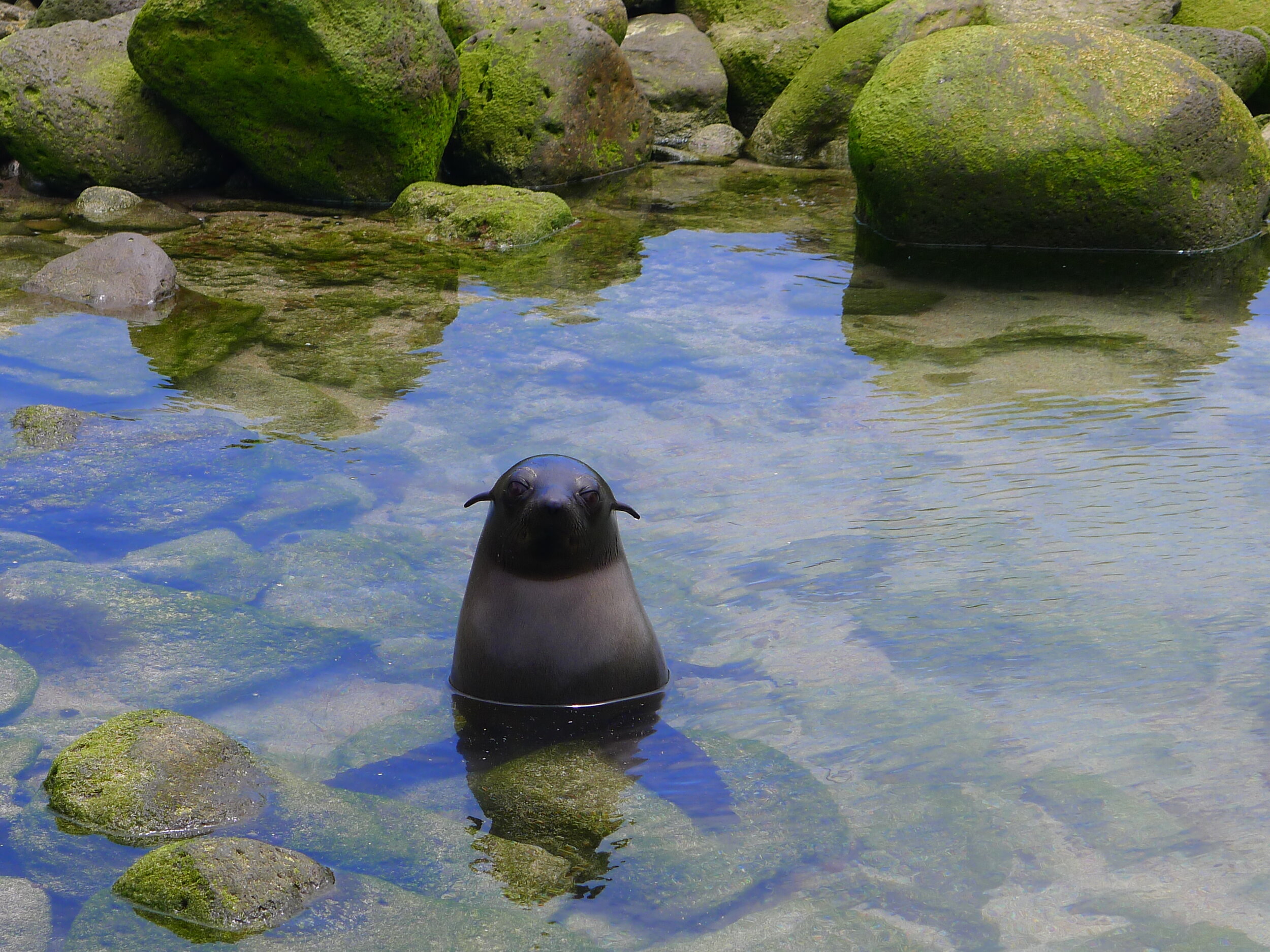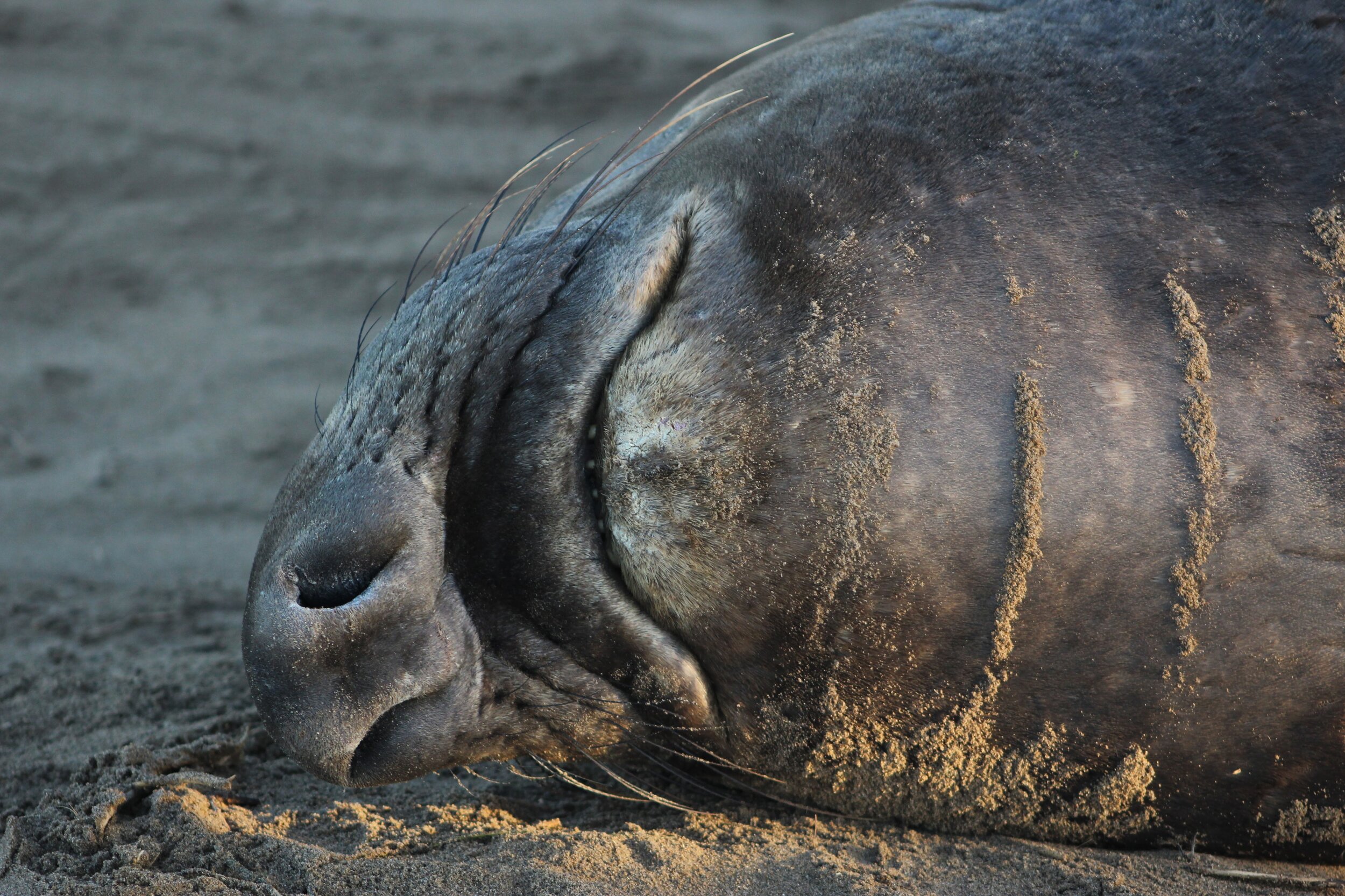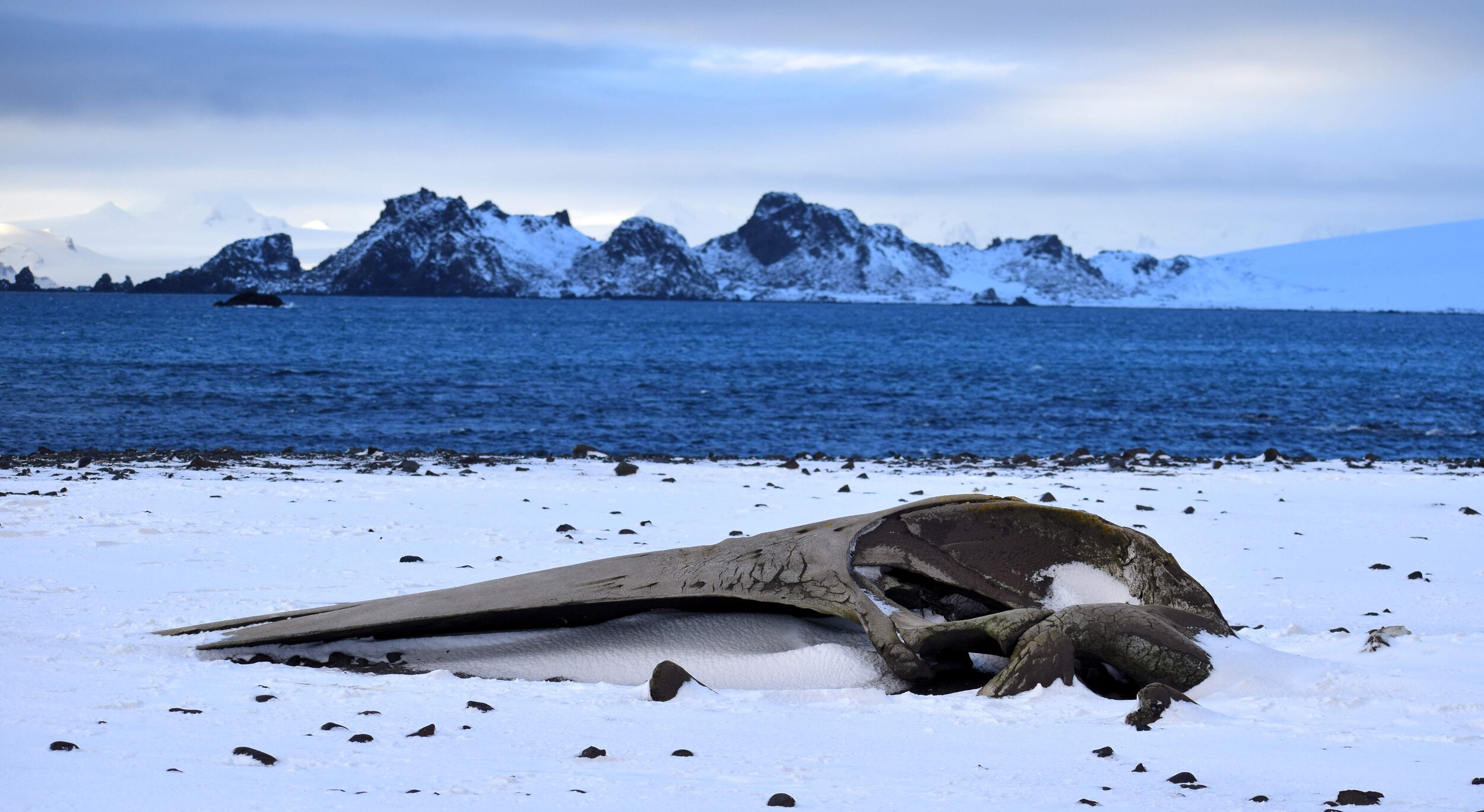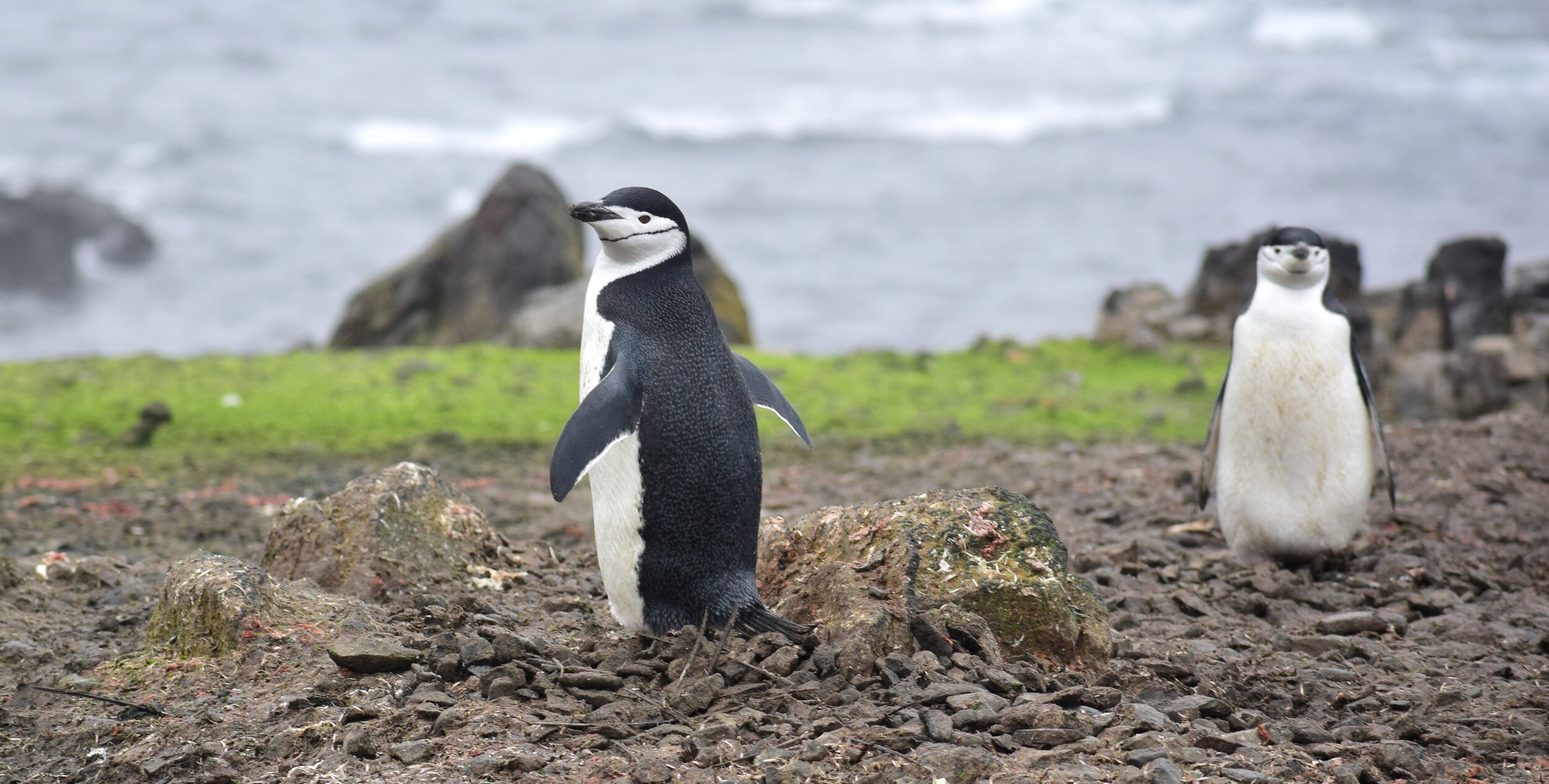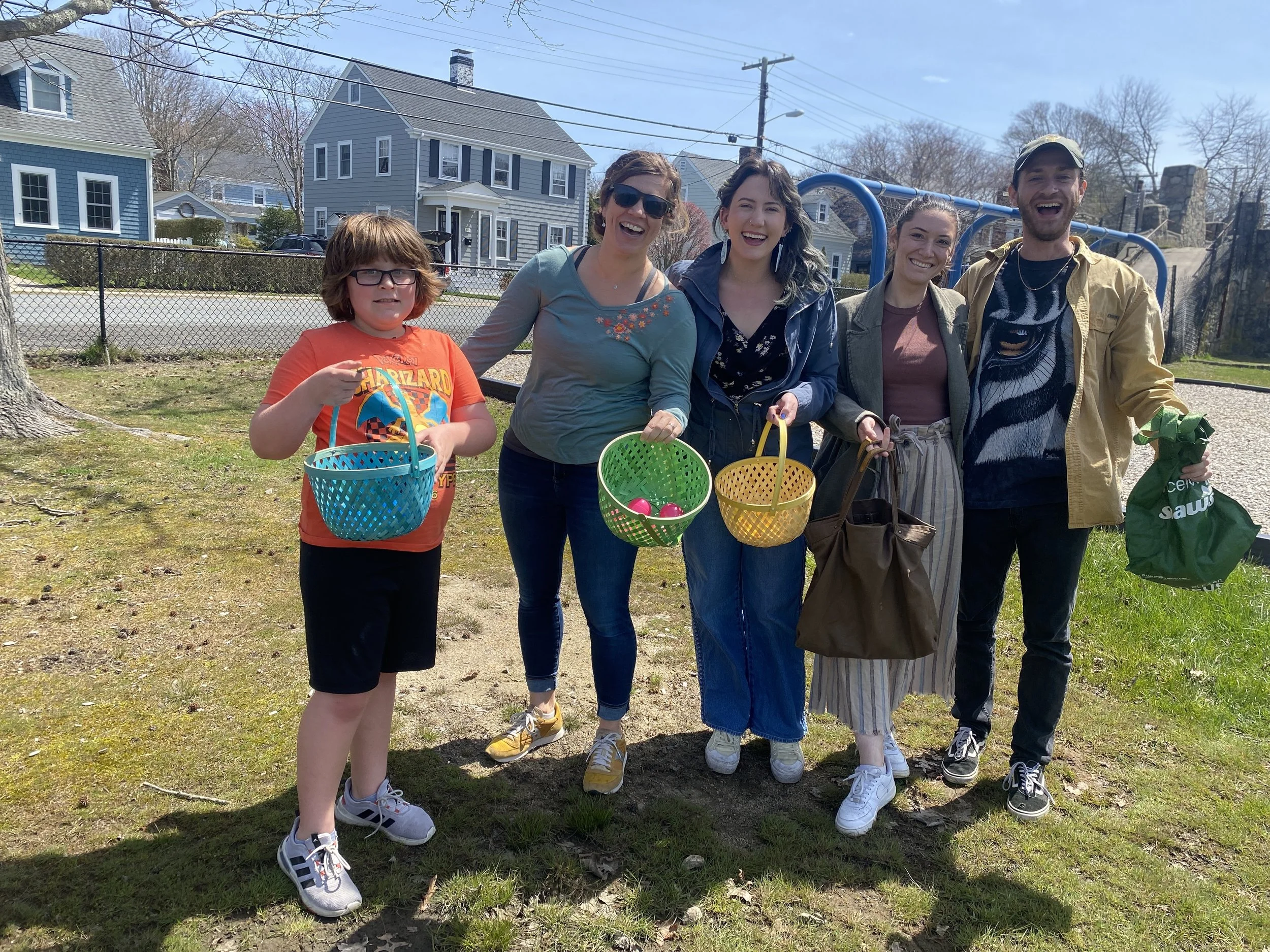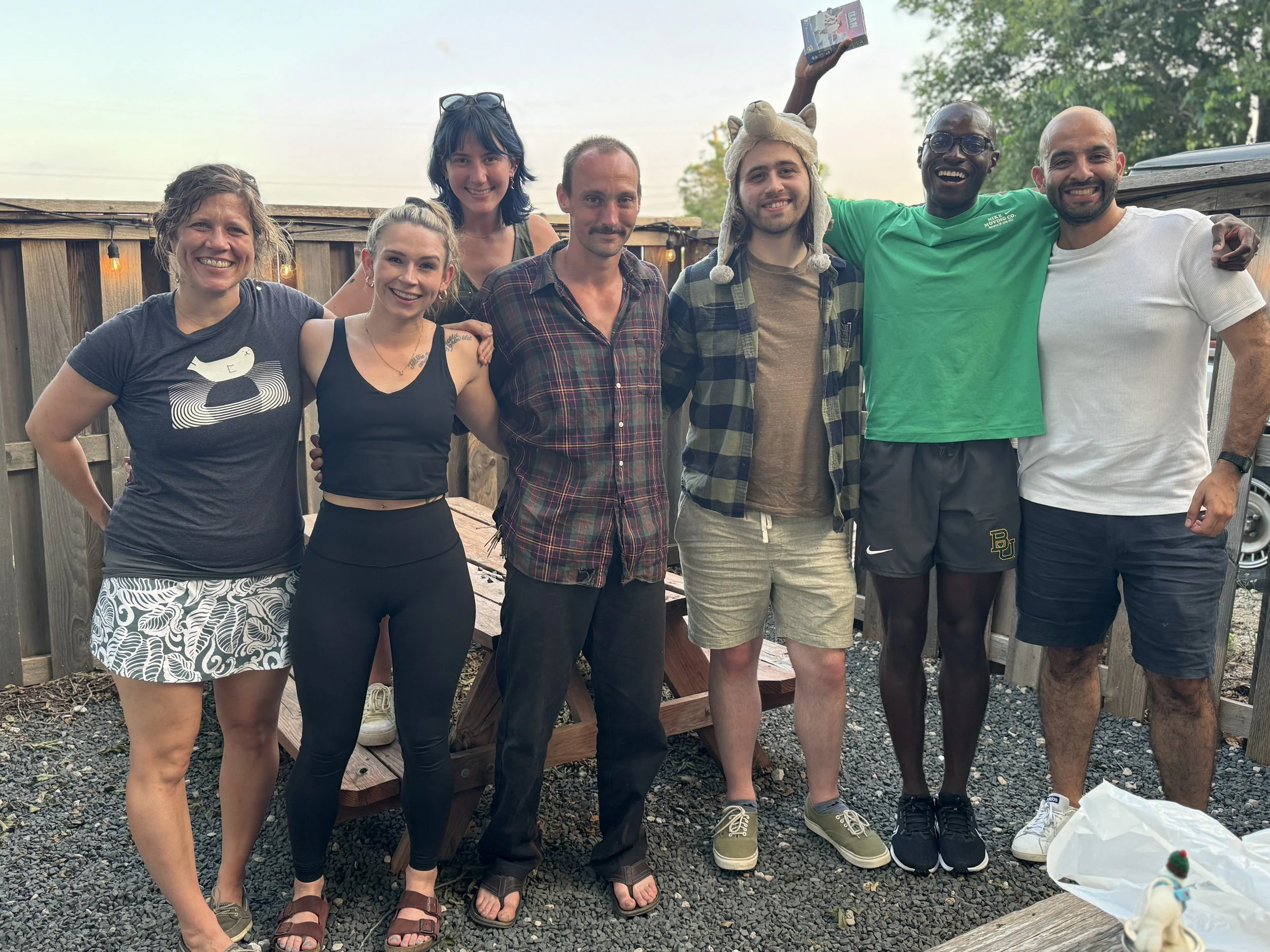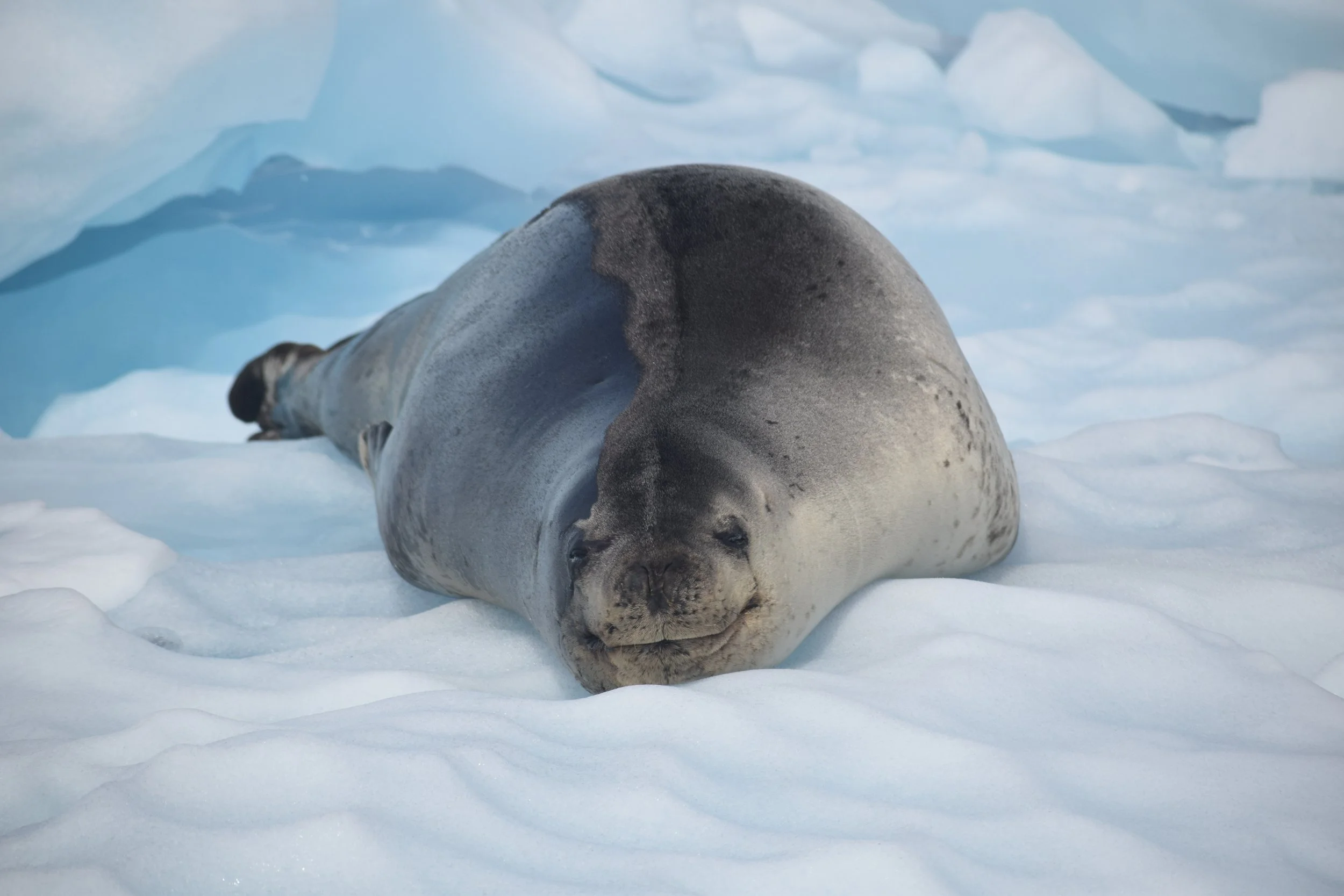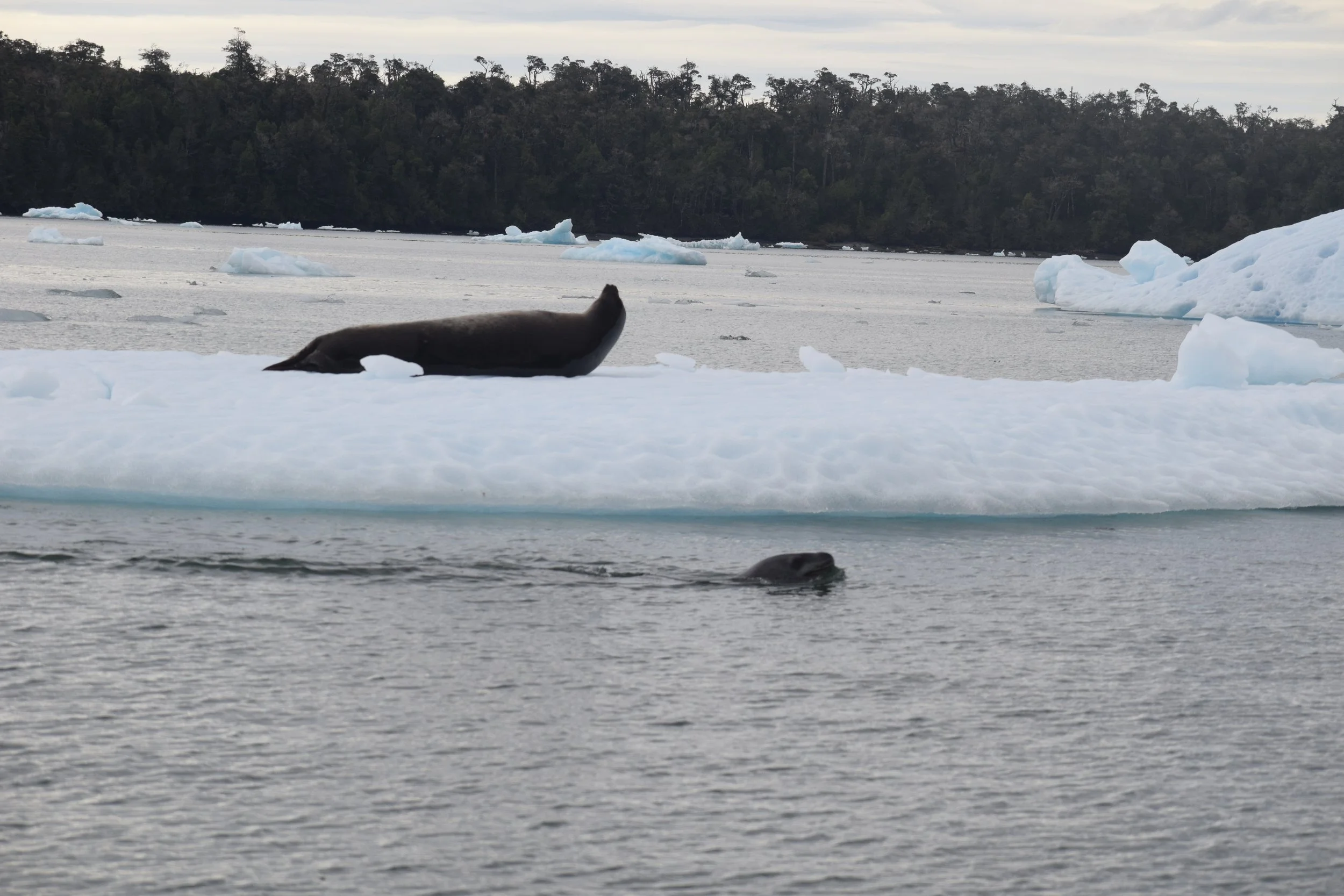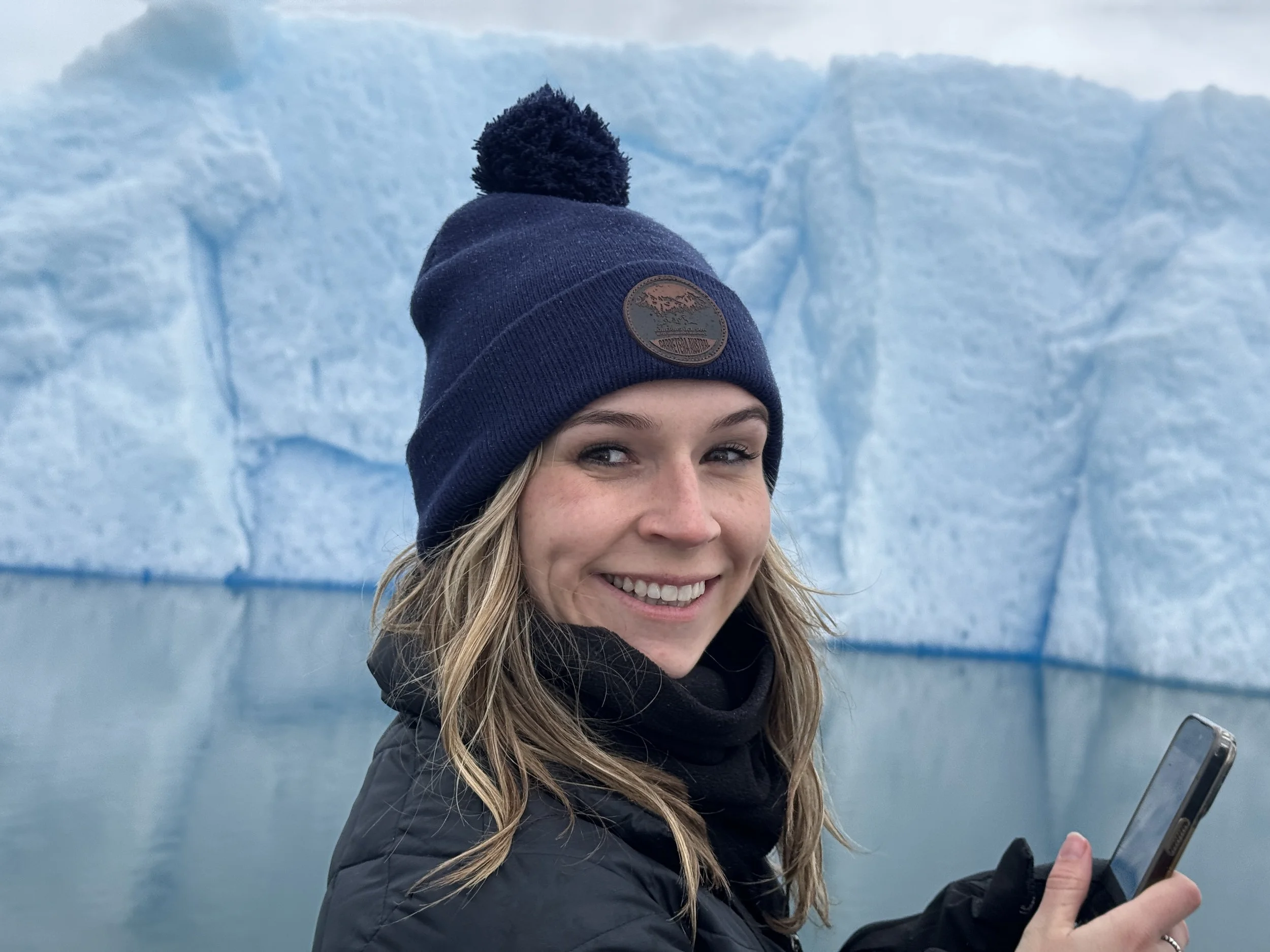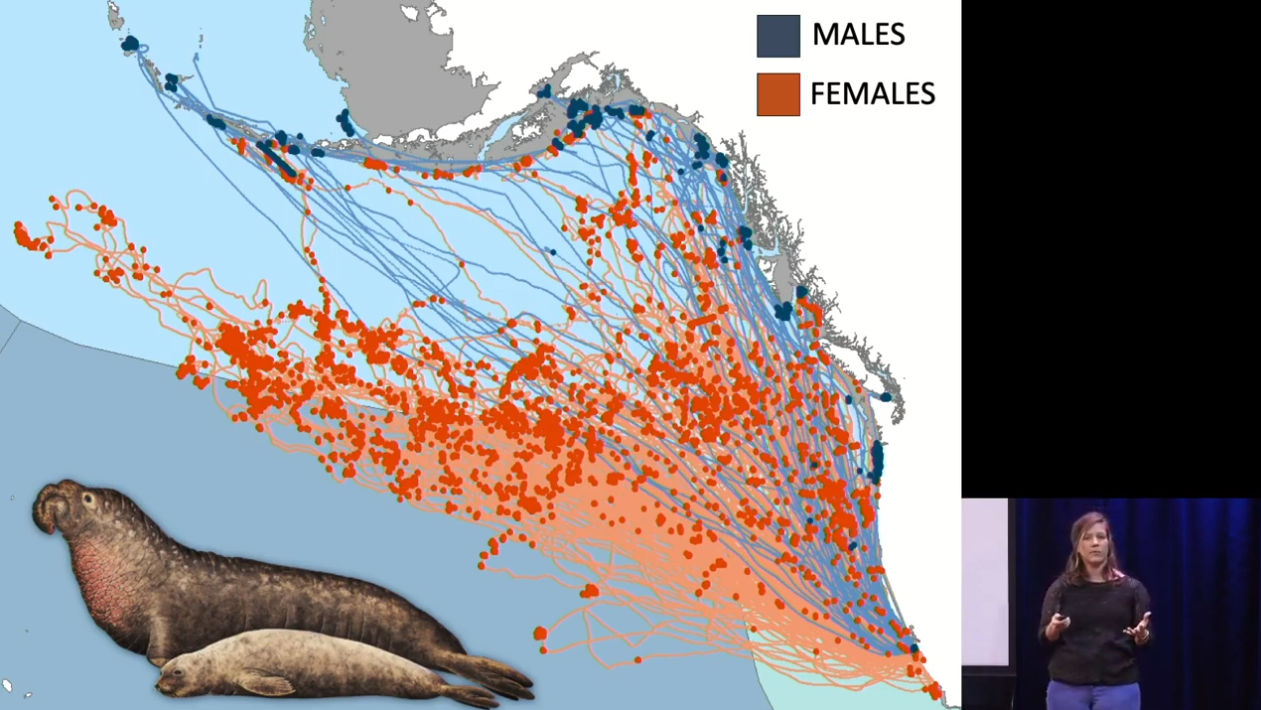


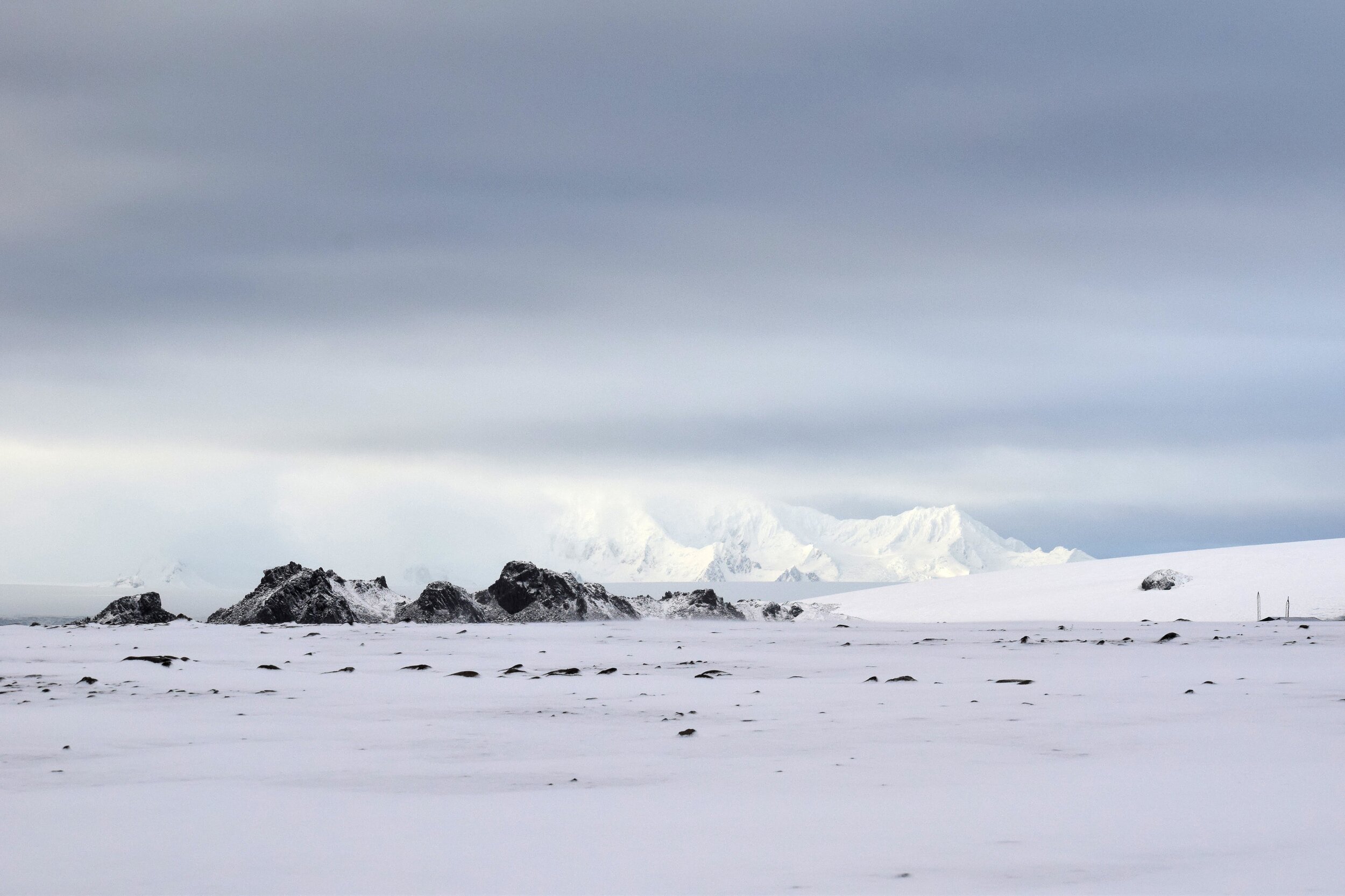
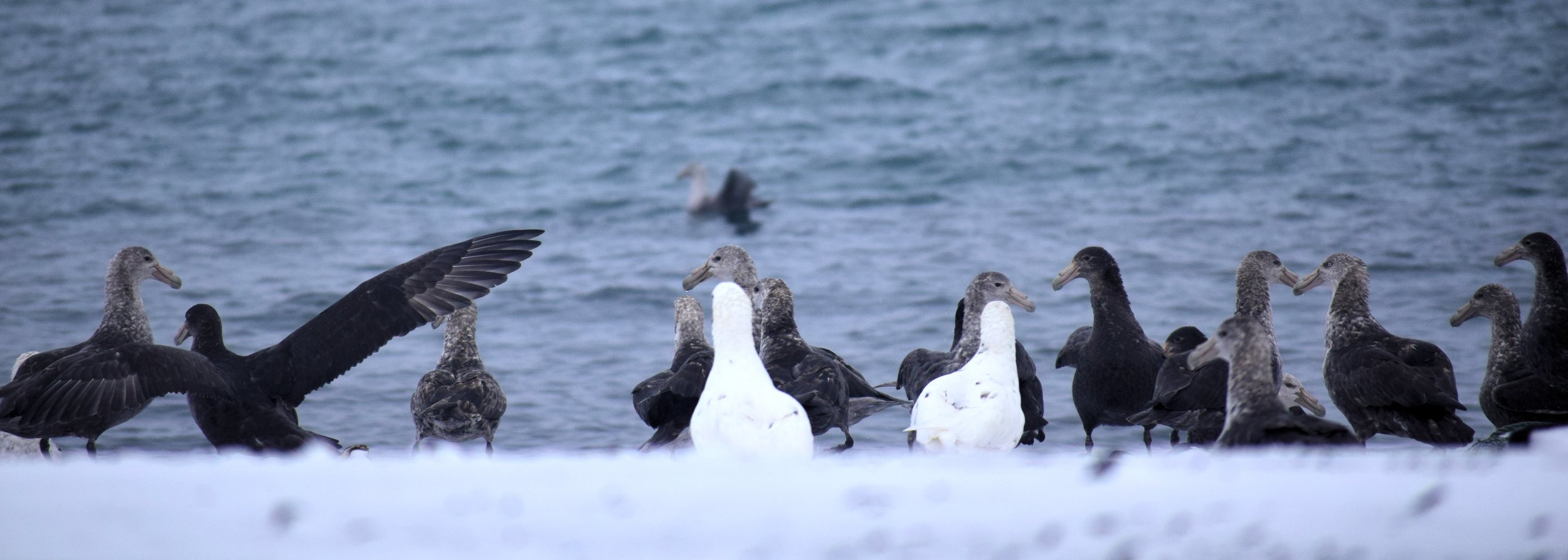
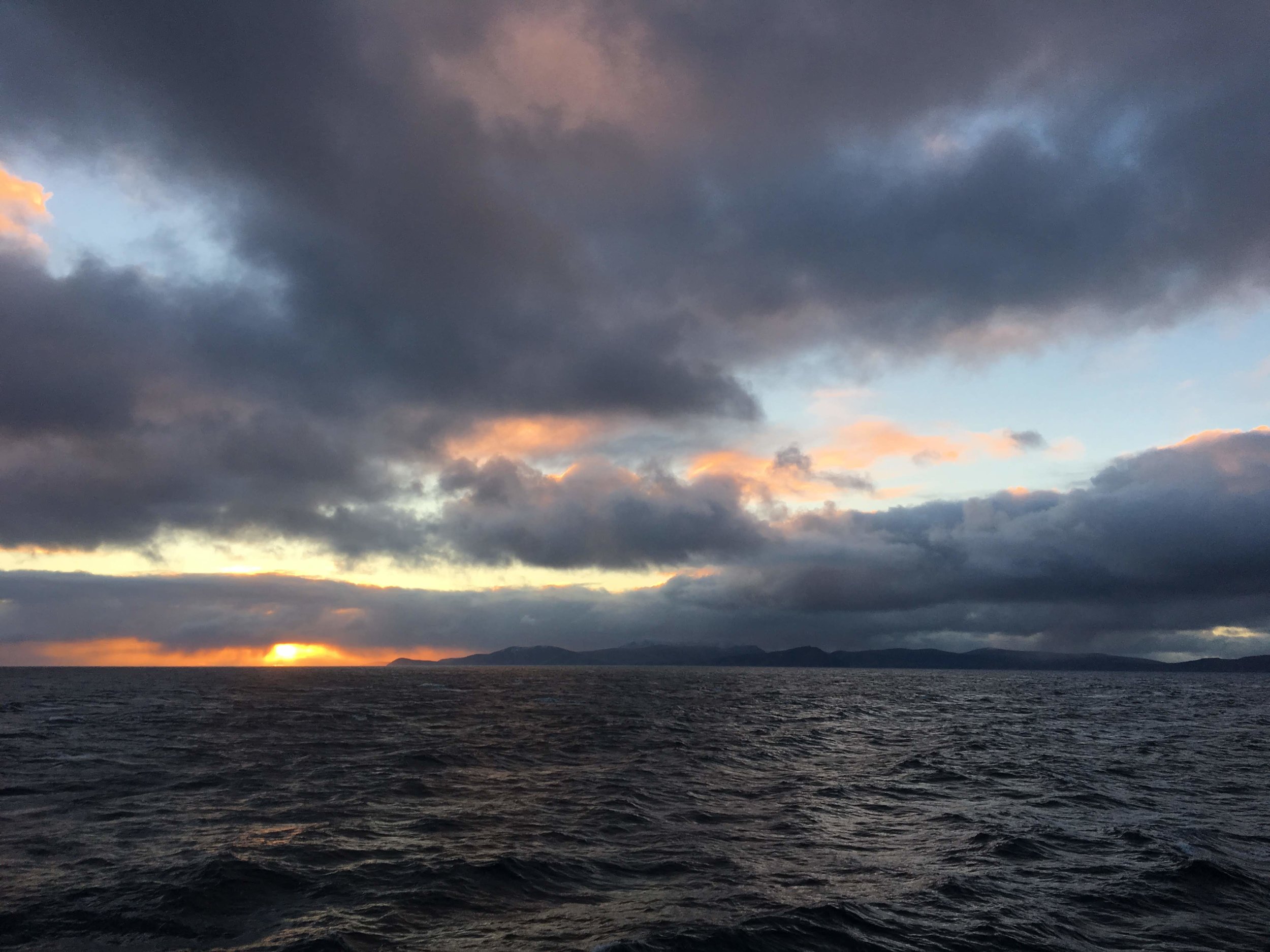
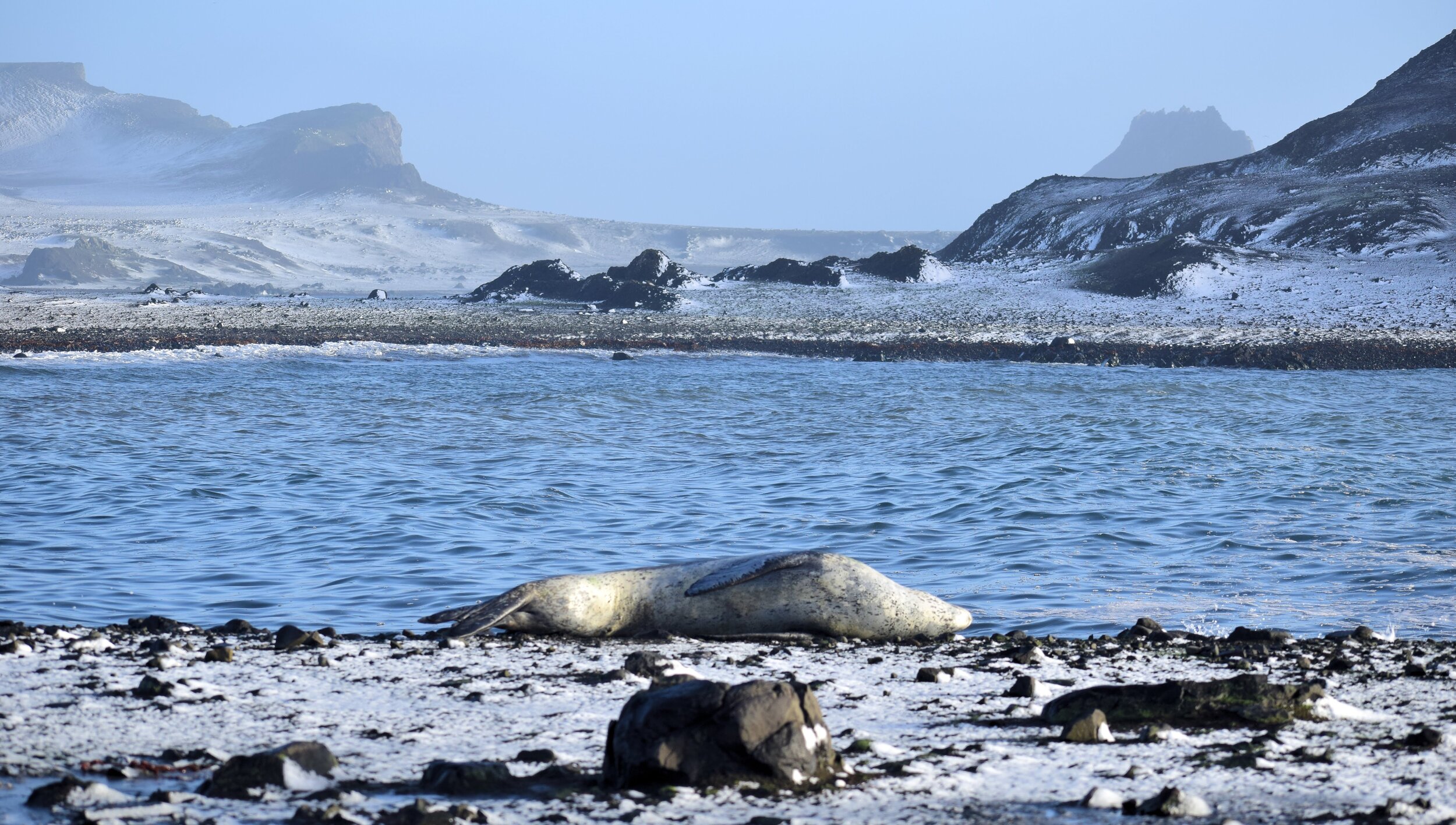


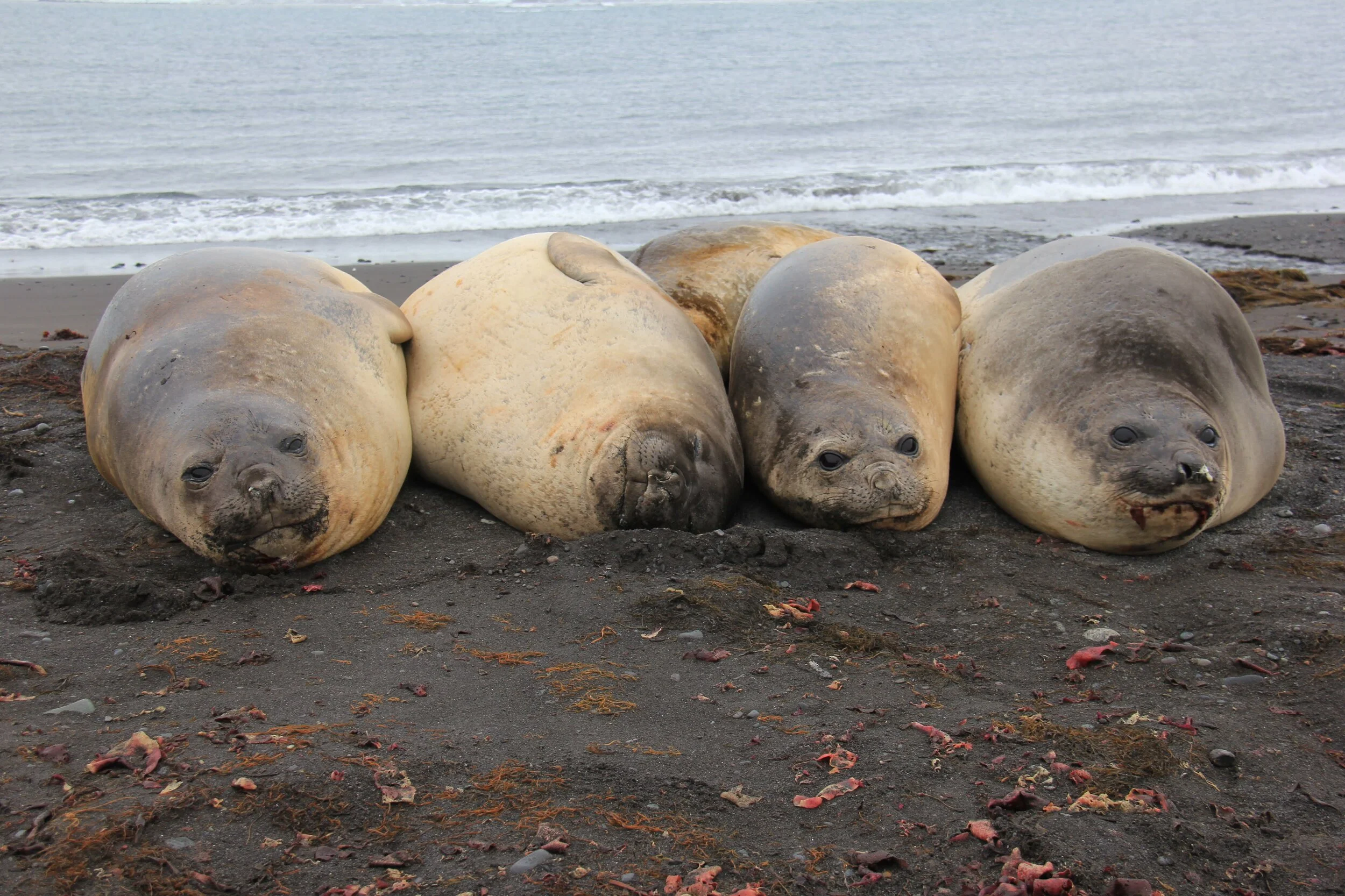
The Comparative Ecophysiology of Animals Lab (CEAL!) is located at the University of Rhode Island. Our big research question is:
How do animals work in their environment?
We use quantitative analytical techniques to examine the ecology and physiology of mammals (like seals, whales, & wolves) around the world.
Research in our lab falls into four main themes:
Assessing individual, population, and species-level variation in ecological, & physiological traits
Evaluating animal form & function
Investigating animals ability to adapt to environmental change
research
ecophysiological Variation
Animals with high variability in ecological and physiological traits are often better able to respond to environmental change. We compare variation and trade-offs in ecological and physiological traits across biological scales (from individuals to species).
Animal FORM & FUNCTION
The relationship between animals and their environment has a profound effect on form and function. We investigate animal adaptations crucial to survival (like feeding!) from evolutionary, morphological, and ecological perspectives.
adaptive abilities
Animals have diverse life history strategies adapted for maximizing survival and reproductive success. We investigate the adaptive capacity of animals to predict how species are adapting and responding to environmental changes in ecosystems worldwide.
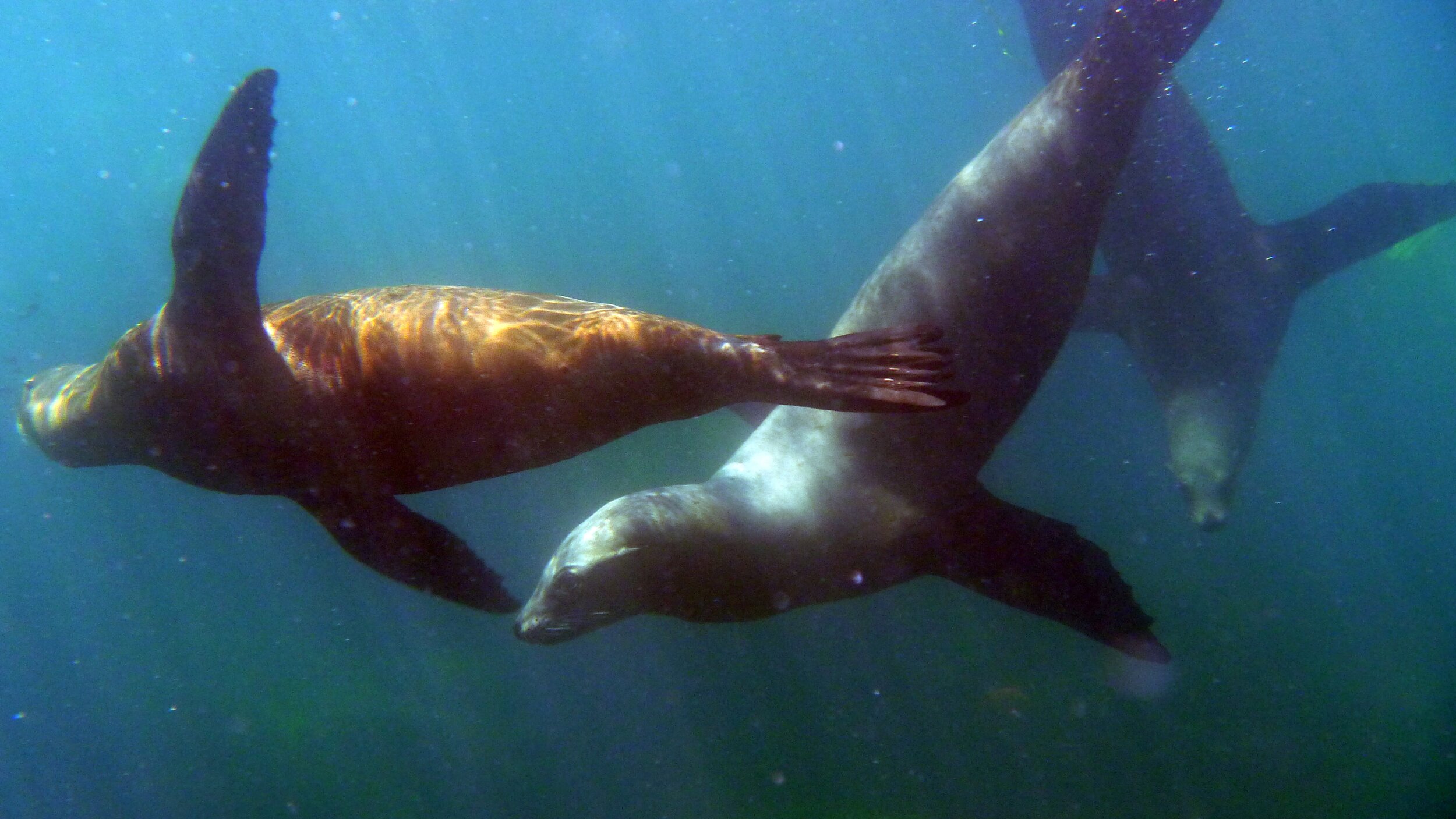
Principal investigator
Sarah Kienle, PhD
Postdoctoral Fellows
Renato Borras-Chavez, PhD
Emily Sperou, PhD
Graduate students
Patrick Bailey
Travis Bayer
Patrick Cunningham
Ariel Leahy
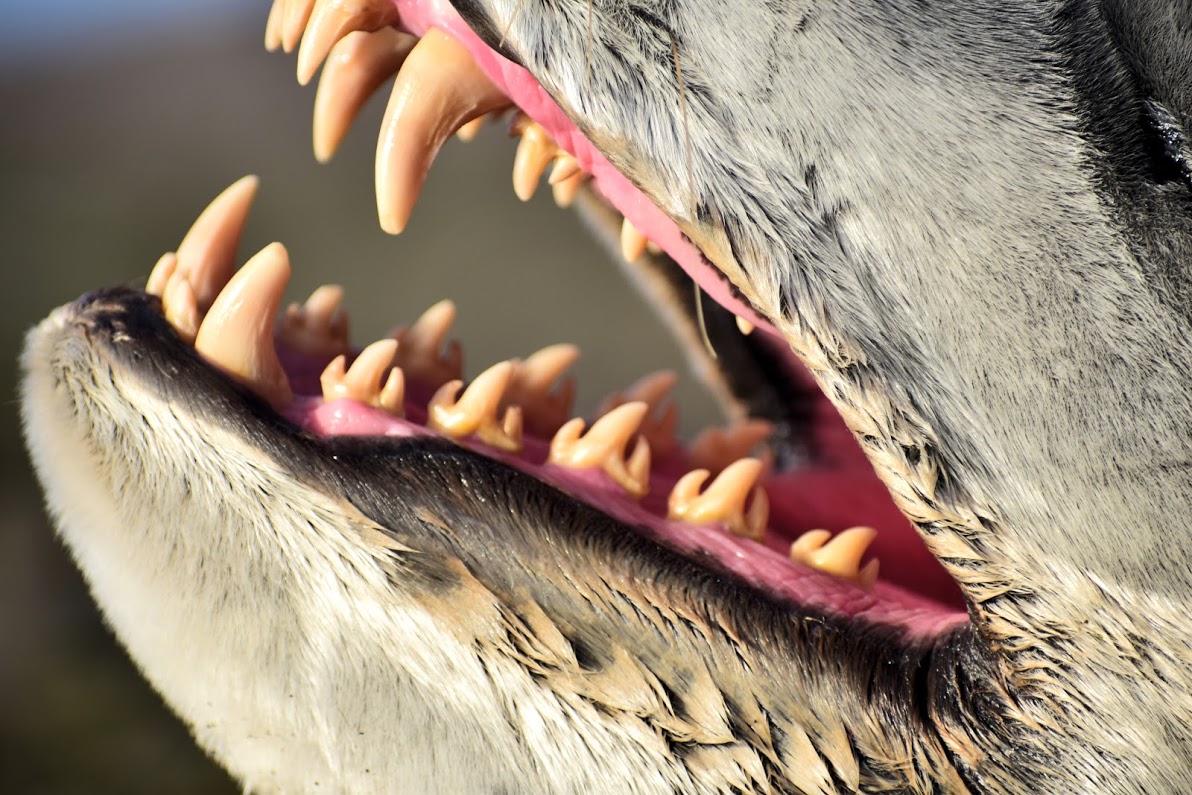
publications
Peer-reviewed publications. For articles without a link or open acess, please contact us for a copy.
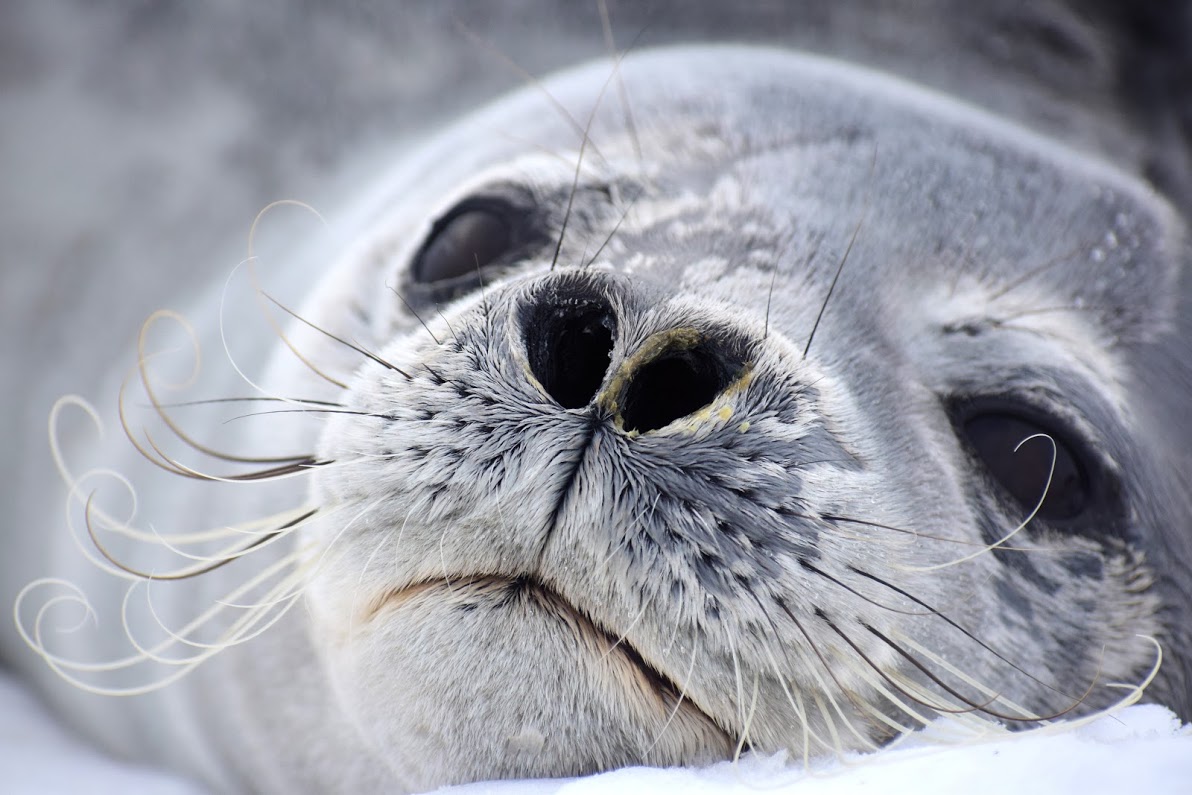
resources
Below are some resources that we’ve found helpful in different aspects of our job. If you have others we should check out, please share with us!
Academic life
How to write professional emails in academia
https://medium.com/@lportwoodstacer/how-to-email-your-professor-without-being-annoying-af-cf64ae0e4087
Writing
The Elements of Style (book by Strunk & White)
How to Write A Lot (book by Paul Silvia)
Career Guidance
The Professor is In (Karen Kelsky)
Teaching
Engaging teaching
https://www.natcom.org/communication-currents/instructors-corner-3-teaching-enthusiasm-engaging-students-sparking-curiosity
Inclusive teaching
https://citl.ucsc.edu/teaching-resources/inclusive-teaching/
https://diversity.arizona.edu/creating-inclusive-classrooms
Active learning
Small Teaching (James Lang)
https://www.edsurge.com/news/2019-08-28-how-to-engage-students-and-support-learning-in-large-classes?cid=nwsltrtn&source=ams&sourceId=4631916
https://cei.umn.edu/active-learning
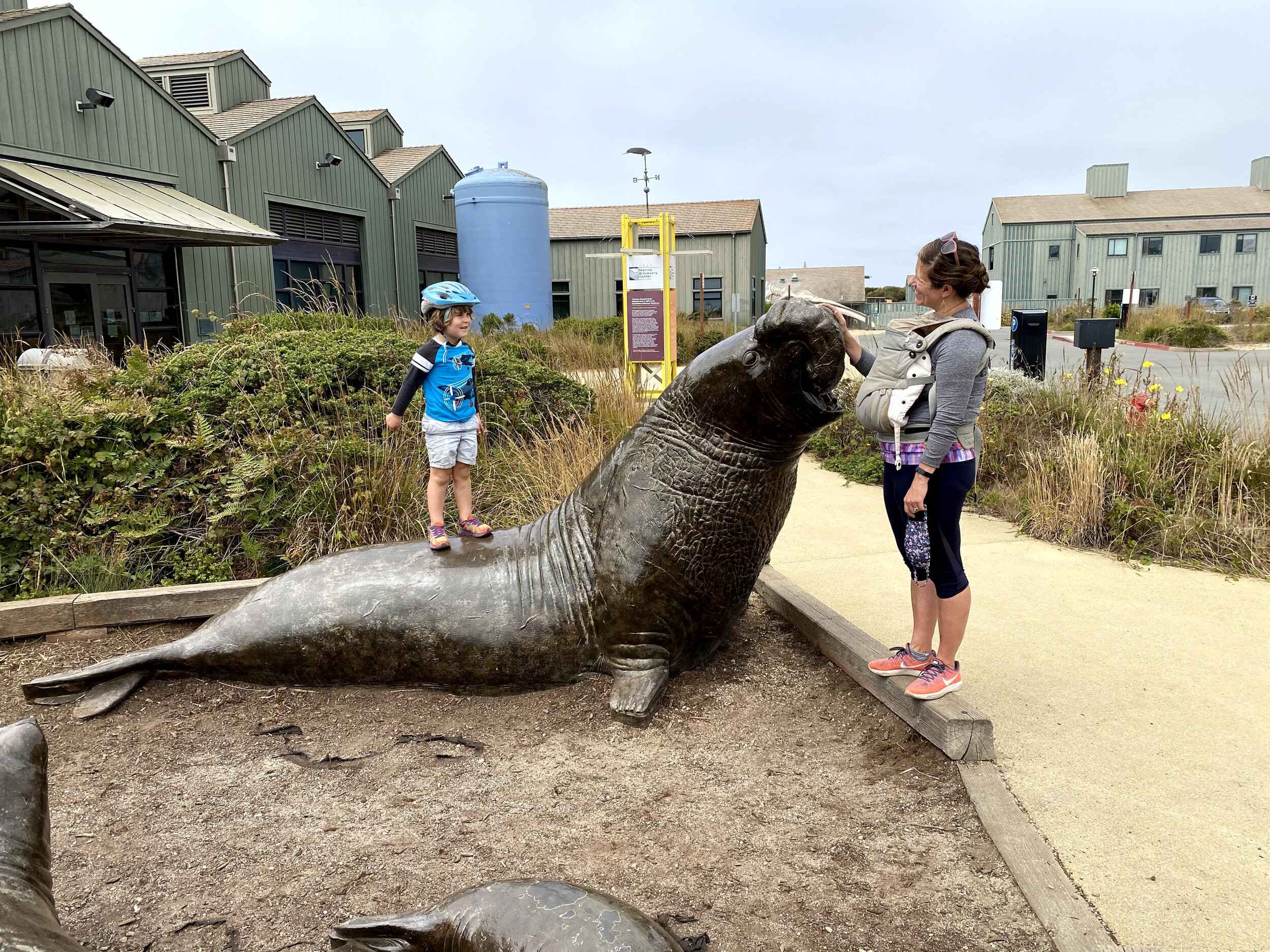
curriculum vitae
For a detailed account at my accomplishments and experience, please review my curriculum vitae.
outreach
Outreach and science communication is such a powerful way to engaging the general public in the very cool research that we do! It’s also a great way to make sure that we, as scientists, are able to speak clearly and effectively about the importance of our research.
Below are some organizations that we have partnered with over the years. We encourage you to look into them as well!
Skype a Scientist
Skype a Scientist has a database of thousands of scientists and helps them connect with classrooms, families, libraries, scout troops, and more all over the globe! They give students the opportunity to get to know a real scientist and get the answers to their questions straight from the source.
Matching between scientists and teachers happens at the beginning of each semester.
https://www.skypeascientist.com/
Letters to a Pre-Scientist
This organization’s motto is “Be a friend and an inspiration” and their goal is to humanize scientists for K-12 students and to inspire students to pursue a STEM career. The program starts in August each school year. You get partnered with a K-12 student in North America and exchange 4 letters at scheduled times throughout the year. Easy, rewarding, and fun!
https://prescientist.org/
CALIFORNIA OCEAN ALLIANCE
This organization is dedicated to conducting high-quality marine research, helping inform sound policy, and working with local communities. As part of this work, they run an annual summer camp for high school students to get hands on experience in marine mammal research.
https://caoceanalliance.org/
Exploring by the seat of your pants
Inspiring the next generation of scientists, explorers, and conservationists by bringing scientific exploration and interactive resources into the classroom.
Exploring by the Seat of Your Pants opens the frontlines of our changing planet to all students through the passion, immersive technology and visual storytelling of the scientists, explorers, conservationists, and adventurers who are smashing the boundaries of what we thought was possible.
Their events are free for classrooms everywhere. Each day students are introduced to important and challenging issues, exciting places, strong role models, and new STEM career paths.
https://exploringbytheseat.com/
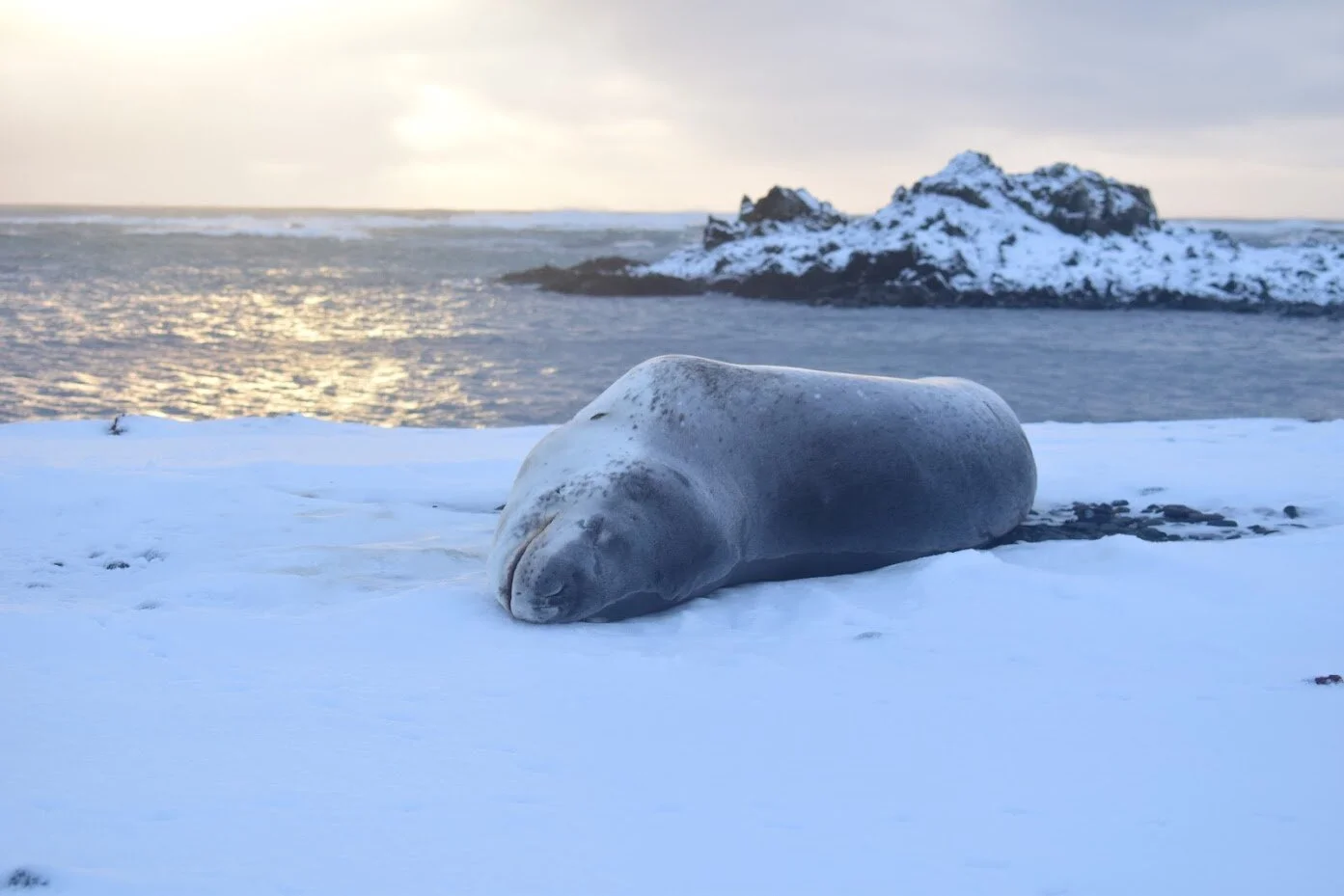
media

join us!
Prospective Graduate Students
PhD students will have the opportunity to develop their own dissertation project that fits into the research scope of the lab. Through our lab, we offer experience and training in field and laboratory research, grant writing, statistical data analyses, and science communication. We value a team-based approach, where supervisors and lab members work effectively and collaboratively together on projects. We value diversity in our lab and welcome applicants from all backgrounds to join us. Our lab will provide a challenging but rewarding experience, and we are therefore seeking enthusiastic and capable students with strong interests in animal ecophysiology.
Students will be supported by internal and external fellowships. We encourage all prospective graduate students to apply for external funding, including the Dr. Nancy Foster Scholars Scholarship Program, Ford Foundation, Graduate Women in Science, and National Science Foundation Graduate Research Fellowship Program. Please reach out if you would like to collaborate on a project proposal.
You can find more details about the Natural Resources Science Department of the University of Rhode Island (URI) here and about the graduate program here. URI graduate program application deadline is in early January. If you are interested in applying, you MUST reach out to me well in advance.
To express your interest in this position, please email sarah.kienle@uri.edu with the following:
A cover letter detailing your relevant qualifications and experience, research topics/ projects that you are interested in, and how you see yourself fitting into our lab (~1 page in length)
Your CV (for guidelines, see The Academic CV blog post on this website)
A few FAQ’s:
Do you accept master’s students? Unfortunately no, there is not a MS option available at Baylor.
When should I contact Dr. Kienle about my interest in the lab? Anytime during the summer to mid-fall (end of October) is good. If you reach out after October, she may have already made her decision about who to encourage to apply to the program.
What if I don’t hear back from Dr. Kienle right away? Give her a couple of weeks, and if there is still no response, send a polite follow up. She is continually shocked by how many emails she receives as a professor.
Postdoctoral Researchers
We welcome applications from postdoctoral scholars to join our lab. We encourage postdoctoral researchers to apply for external fellowships, including the NSF Postdoctoral Fellowship in Biology, Smith Conservation Research Fellowship, and/or the American Association of University Women.
If you are interested in collaborating on a research proposal, please contact me at Sarah.kienle@uri.edu.
Undergraduate Students
We are always interested in having motivated, enthusiastic, and talented undergraduate students join our lab as volunteers. If you are interested in joining the lab, you have two options:
Option 1: Please contact me at sarah.kienle@uri.edu with the following information:
A brief (1-2 paragraph) description of your research background, research interests, and what you hope to gain from the experience
Your resume or CV (for guidelines, see The Academic CV blog post on this website)
Option 2: Reach out directly to one of the graduate students in the lab (see CEAL Team section on this website) to see if they are taking undergraduates. When reaching out, please include the following:
A brief (1-2 paragraph) description of your research background, research interests, and what you hope to gain from the experience
Your resume or CV (for guidelines, see The Academic CV blog post on this website)
Collaborations
I am always interested in new projects and opportunities! Please contact Sarah.kienle@uri.edu if you are interested in collaborating.
